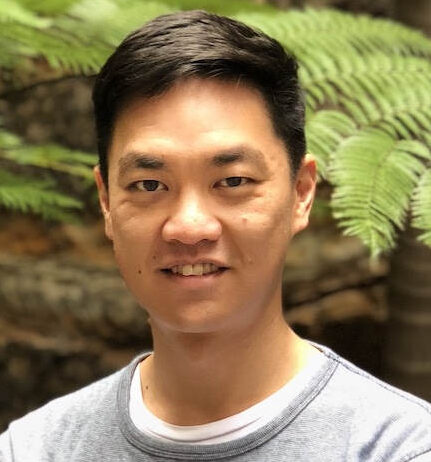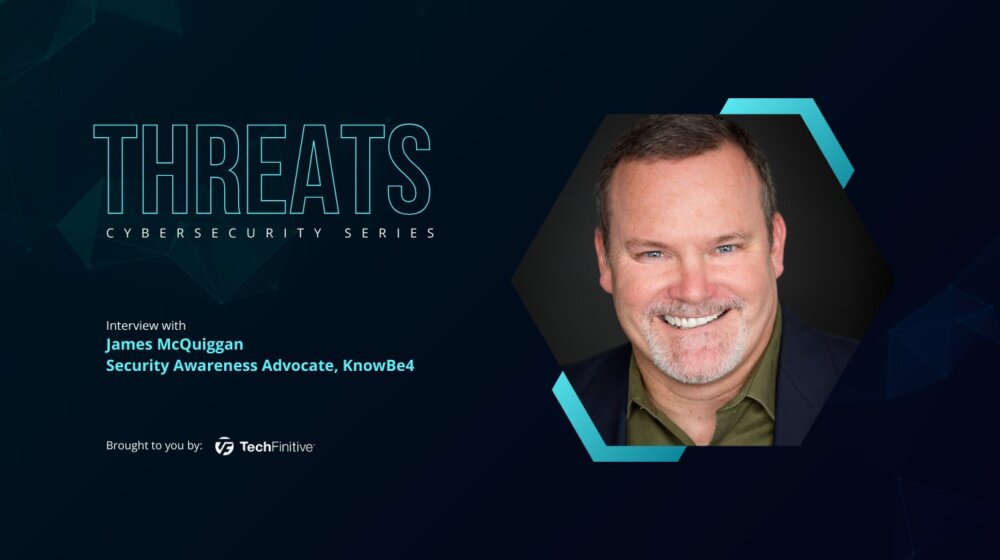
Future of Work interview: Jimmy Lee

Welcome to the first in our series of interviews with people who have a vision for the future. We will be talking to authors, futurists, CEOs… and others who defy categorisation. The key is, they are all thinkers. People who have a vision for the future of work. Our first interviewee is Jimmy Lee, the CEO of Nirovision.
Jimmy has 15 years of experience building software products and companies. And in his spare time? “You can find me shredding the slopes on my snowboard or cruising around the neighbourhood on my boosted board,” he said. Before adding: “As a father of two young kids, I actually have no free time.”
What was your first role in tech? And what do you do now?
My first role in tech was as a junior developer. We built tools for ISPs [internet service providers] to help people get online, back in the ADSL days and (later on) the 3G dongle days. Wow, that feels like an eternity ago!
Today, I have the privilege of leading the team at Nirovision. We build Computer Vision software to help keep complex workplaces smarter, safer and more secure. Our customers operate high-risk worksites that involve heavy machineries and physical work, such as logistics and manufacturing sites.
Which person in tech do you find inspiring?
Microsoft CEO Satya Nadella. He has transformed the company culture at Microsoft and made it more focused on innovation and collaboration. He’s taken Microsoft from a company that was focused on software licensing to a company that is now leading the way in cloud computing and AI. His leadership style is also very inspiring, as he focuses on empathy and inclusion within his team and the company as a whole.
You mention AI. So, what jobs do you think AI might replace?
In a broad sense, I think a lot of entry-level white-collar jobs will be replaced by AI. Take my first role in tech, for example. As a junior developer, most of the work I did was simple and mundane coding tasks. Writing unit tests, writing data-layer interfaces to write or retrieve data from a database or creating simple GUIs. Today, LLMs like ChatGPT and GitHub Copilot can already do this just as well as a junior developer. Furthermore, there’s no communication overhead between a developer using these AI tools.
I would assume similar dynamics for legal aids, customer service representatives and administrative assistants. However, I don’t believe that AI will completely replace all human jobs, but rather augment them. Tasks that require creativity, empathy, critical thinking and decision-making will still require human input.
What are the major factors influencing the future of work?
The Generative AI models that are in the current zeitgeist are certainly one of the major factors that will influence the future of work. They’re already being used to create content, automate tasks and augment human creativity.
With the introduction of powerful new tools, it’s crucial for everyone to stay relevant and adapt to the changing demands of their roles.
What is a recent example of technology disrupting work that you found interesting?
GPT4 has already changed the way I write work emails, memos, ideas, copy and so on. I see this “disruption” as a positive one, as it makes writing more pleasurable by reducing writer’s block.
While I don’t write code on A daily basis anymore, I’m also excited to try GitHub Copilot. It’ll be an invaluable tool for a rusty programmer like me!
Which tech skills will be in most demand over the next 12 months?
It’s probably safest for me to stick to the skills in demand for software companies like Nirovision — and, over the next 12 months, they’ll be the same. We need software developers to make great software, designers to design intuitive user interfaces, and so on. The work each individual carries out will evolve to use AI copilots, but I’m hopeful that this makes the work even more productive, creative and gratifying!
And how do you think the work office will change in the next ten years?
It was amazing to see the rapid evolution of the work office during Covid. Over the next few years, I think the work office will evolve into three distinct things.
First of all, what I would call The Showroom Office. A place for customers to experience the company’s product, brand and culture. This is the “traditional” office of today but with a smaller footprint to accommodate flexible work.
Then there’s The Offsite Meet. These will be places (or a single place) where teams or the whole company can meet for strategic planning meetings and strengthen team bonds. Small companies will book hotels or resorts, while big companies will probably invest in their own.
Finally, we come to Homes/cafes. Sorry, I don’t have a catchy name for it! We’re all used to working from home during the pandemic and this will surely continue. It’s no coincidence that suburban cafés have started flourishing and these will continue to be ad hoc workplaces and meeting rooms over the next few years.
For more interviews on the Future of Work
Our thanks to Jimmy for taking the time to answer our questions. If you have something to say about the Future of Work, please email us at [email protected]. For more predictions, read on:
- Michael Solomon, Author and Founder of 10xManagement. “There’s going to be a protracted battle between those who wish to work from home and those who think productivity is harmed by remote work.”
- Eva Pankova, Head of People, ROI Hunter, “A four-day week would definitely disrupt the market, making those companies that adopt it much more competitive. Just imagine a three-day weekend!”
- Deepesh Banerji, Chief Product Officer, Deputy. “The key to preparing for the future of work is to develop skills that are difficult to automate, such as creativity, critical thinking and emotional intelligence”
- Benjamin Taylor, Organisational Consultant. “This morning at Heathrow Airport I saw a cleaning bot stuck on a rubber line on the floor. In what world is it better to have £30K robots than humans?”
- Carmen Vicelich, serial entrepreneur. “Emerging markets will leapfrog some more mature markets through rapid digitisation”
- Philip Ross, author, futurist and CEO of Ungroup and Cordless Group: “The office of 2033 will become a more social, healthier, more sentient, elastic, digital, personalised, shared and purposeful space”
- Duena Blomstrom, author and CEO of PeopleNotTech. “Jobs of the future? Chief Psychological Safety Officers will be in, bureaucrats will be out.”
- Fazilat Damani, Chief Experience Officer at Design for Good. “AI won’t completely replace jobs, but rather evolve them.”
- Tony Hallett, MD of Collective Content. “The part of society most impacted by technology will be the world’s middle classes.”
- Colin Fraser, founder and Managing Director at Nevis Capital. “Professionals who can ‘supercharge’ themselves with AI tools will win big in our new world.”
NEXT UP

James McQuiggan, Security Awareness Advocate at KnowBe4: “Ironically, attack methods have remained unchanged over the past twenty years”
In this interview, we hear from James McQuiggan, Security Awareness Advocate at KnowBe4 and a part-time Faculty Professor at Valencia College in Florida.

What is ocean-bound plastic and should you care?
Lee Grant digs behind the truth about ocean-bound plastics to explain why reducing them is a worthy cause – but that we need to treat marketing claims with due scepticism

Slow buyers cause tech firms to rethink sales approaches as tough Q1 hits home
New research suggests tech sales were slow in Q1, with buyers of technology and professional services taking their time before committing to any solutions.